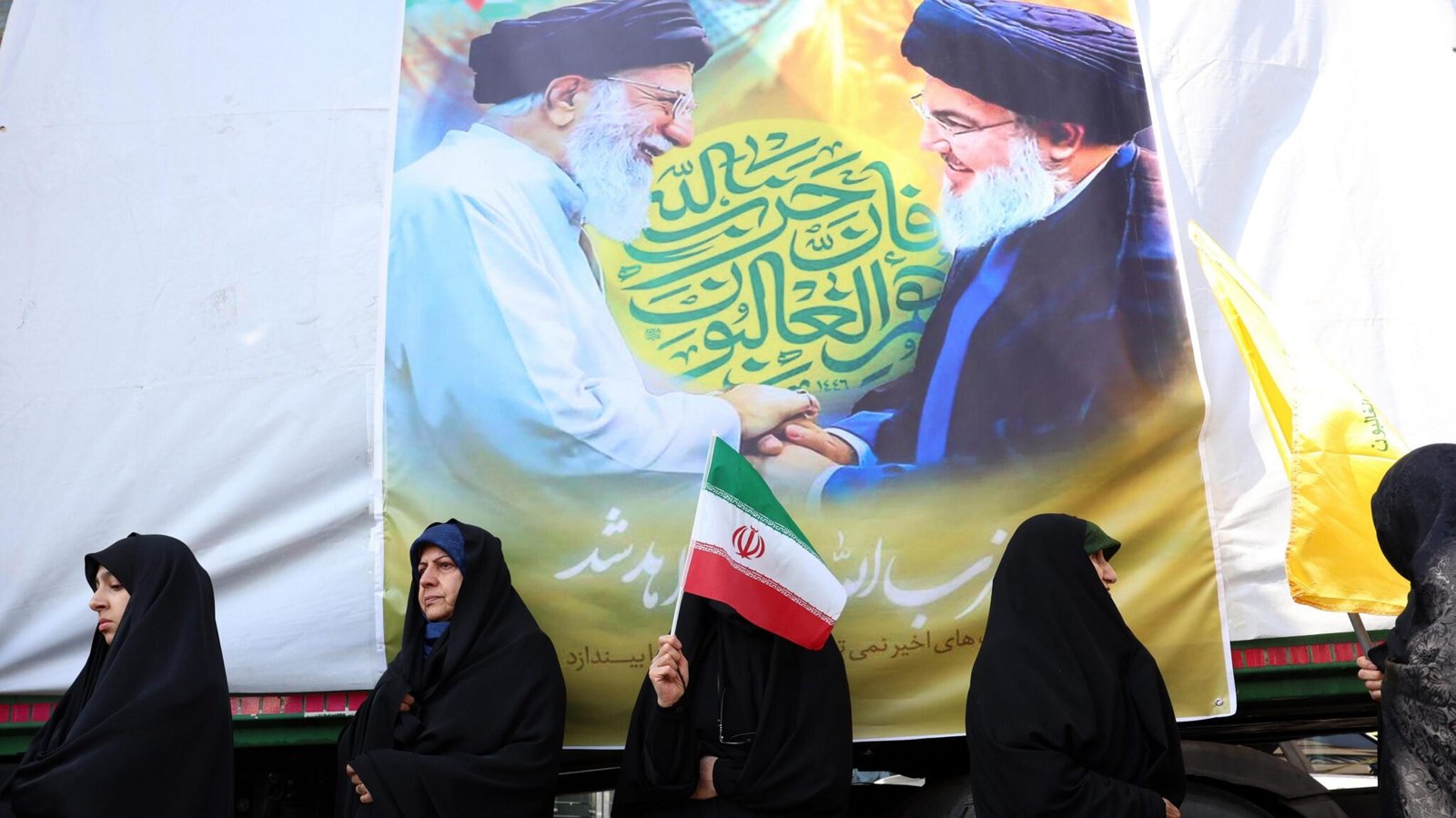In response to rising fears of Israeli retaliation following Iran’s airstrikes on Isreal, Teheran has closed its airspace, resulting in numerous flight cancellations.
This move shows that Iran is prepared for potential escalation of the conflict with Israeli, raising the possibility of a full scale war. Following recent Israeli intelligence reports of Iranian missile launches targeting Israeli military sites, the tension has escalated significantly.
Background
For years, both countries have engaged in a shadow war across the region, primarily through proxy forces and indirect confrontations.
Iran has been accused of supplying weapons and support to militant groups like Hezbollah and Hamas, both of which are hostile toward Israel.
These proxy forces often act as intermediaries in the broader conflict, launching rocket attacks into Israeli territory while receiving Iranian backing.
Israel, for its part, has conducted numerous airstrikes on Iranian targets within Syria and other parts of the region.
The primary objective of these strikes has been to weaken Iran’s influence in Syria and to prevent the transfer of advanced weapons to Hezbollah in Lebanon.
However, the current situation is unique due to the direct involvement of Iranian missile forces in launching attacks, which has prompted fears of a broader conflict.
In recent weeks, Iranian forces reportedly fired multiple missiles aimed at Israeli military positions, sparking alarm within Israel and its allies. These attacks are seen as retaliation for earlier Israeli airstrikes on Iranian facilities in Syria. Israel has publicly declared its willingness to defend itself against any further Iranian aggression, which has raised concerns about a full-scale military confrontation.
Battle for Domination of the Middle East
Iran’s missile attacks and the subsequent closure of its airspace are part of a larger geopolitical struggle for dominance in the Middle East.
Iran and Israel are involved in a complex power struggle in which both are trying to undermine the strategic goals of the other while gaining more influence. Iran’s larger regional strategy depends on gaining a firm foothold in Syria and Lebanon through proxy groups like Hezbollah. Israel, meanwhile, sees an existential threat from Iran’s military entrenchment in these regions.
The United States also plays a role in this conflict, as it has long been a staunch ally of Israel while maintaining an adversarial relationship with Iran.
U.S. officials have expressed concern over the possibility of an escalation between Iran and Israel, particularly if the conflict extends beyond missile exchanges and evolves into a broader war.
Washington, which has already dispatched military personnel to the region to support Israel and reduce Iranian aggression, may step up its involvement if the situation worsens.

